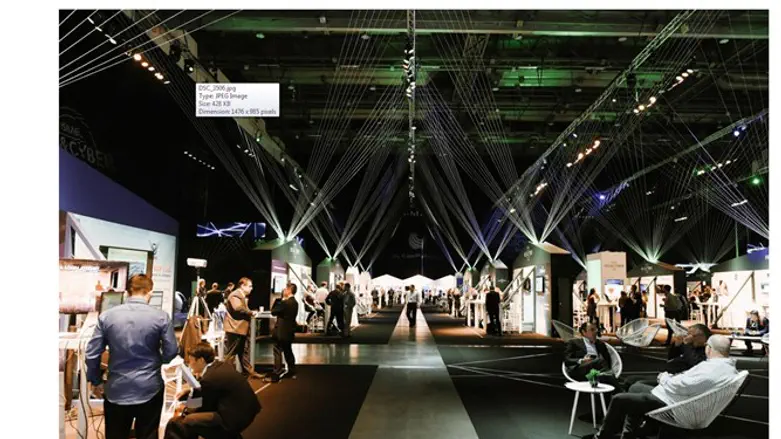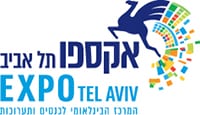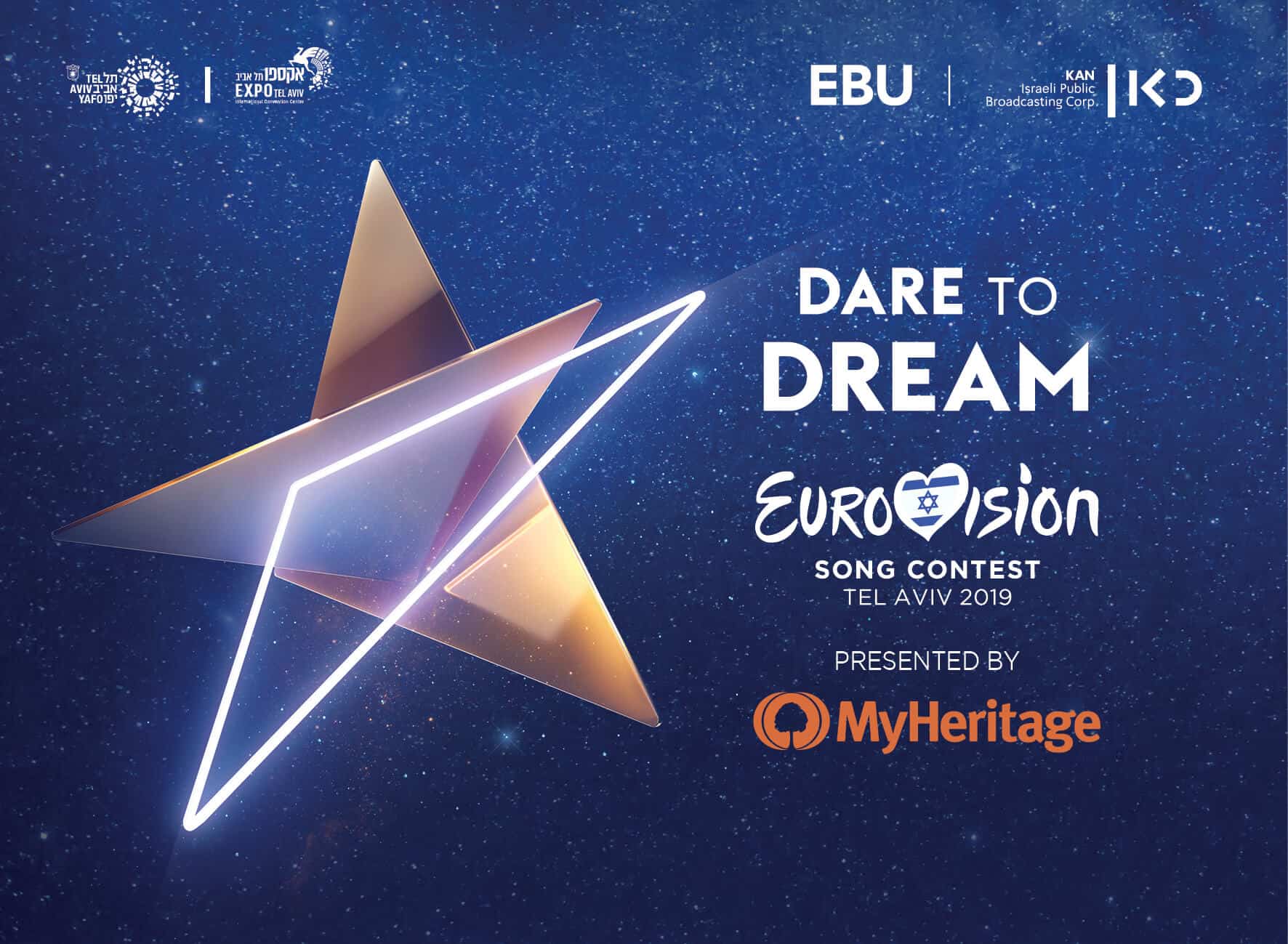
When camels fly:
Yom Ha’atzmaut (Israel Independence Day) is just a week before Israel hosts the Eurovision Song Contest this year – the largest cultural tourism event in Israel’s history, which is to take place at Expo Tel Aviv from May 13-18, it is important to look back on the things that brought us to this point.
Way back in 1932, residents of Tel Aviv were compelled to promote the beautiful Mediterranean city to the high status of other prominent cities. These prominent cities often held international fairs to promote their global status, which appealed to the people of Tel Aviv. If Tel Aviv could be elevated to highlight the many things it has to offer, it could welcome the world to its doorstep. Thus, the Orient Fair was born.
One of the main goals for the Orient Fair was to open a window into the culture of Tel Aviv. Based on the World’s Fair of Chicago, the mission of the Fair was to bring together the cultures and produce of the Near East in a city that envisioned itself as the modern world city of the Levant. The fair was a large undertaking for such a young city, which made its success even more impressive. The city had only been established two decades earlier, and had only 100,000 residents at the time, many of whom were Jewish immigrants.
Thanks to the city’s mayor Meir Dizengoff, who pushed forward the idea of the international fair despite critics calling it a crazy dream, the fair went off without a hitch. According to legend, when Tel Aviv industrialists wanted an international fair, the critics and naysayers at the time scoffed at the idea of an international fair in the city, and even said “…when camels will grow wings and fly,” the fair would happen.
Thanks to the willingness of all of Tel Aviv’s inhabitants to dare to dream of such a fair, it was an enormous success. The fair hosted more than 30 countries and hundreds of thousands of visitors from around the region. Annual international fairs continued for some time after the success of the inaugural event.
Eventually, the name of the fair was changed to “The Levant Fair.” The name change included a mythological symbol: the flying camel. This logo is still used today.

The flying camel logo was designed by Israeli artist, Aryeh Elhanani (1), and it symbolizes the connection between the east and the west. In the logo, the camel represents the east, or the Levant, and the wings represent innovation, entrepreneurship and advancement in the west.
Due to the success of the inaugural fair, special halls and pavilions were constructed on the Yarkon riverbank to hold future fairs. After World War II, the fairs ceased to exist. During the war, the fairgrounds were used as a British military camp, and throughout the following decades the area was used as warehouses and garages. Eventually it fell into disrepair.
After some time, the convention center settled in its current location in the center of Rokach Boulevard in 1959. Many historically significant events have taken place at Expo Tel Aviv, such as coverage of the election events for Israeli Knesset, the opening of the first amusement park in Israel (today’s Luna Park), and the opening of the first drive-in cinema in the country.
When the current convention center was built, Expo Tel Aviv, the leading conference and fair center in Israel, decided to keep the logo, so as not to forget the important motto that there is no future without the past. The logo also honors those who dare to dream – serendipitously, the motto for Eurovision Song Contest 2019.
×

Today, Expo Tel Aviv welcomes over 2.5 million people and hundreds of international conferences and exhibitions every year. This year, the Eurovision Song Contest – the biggest music competition in the world, will be held in Tel Aviv for the first time ever. The main event will take place in Pavilion 2, where the General Assembly (GA) took place in October 2018. Expo Tel Aviv is currently in full swing preparation mode for the competition, expected to be watched by over 200 million television viewers, making it the second most watched TV program in the world – bigger than the Super Bowl and second only to the World Cup final.
The contest, in which 41 countries will be participating, is often referred to as simply Eurovision. It is an international song competition held among the member countries of the European Broadcasting Union. In order to participate, each country submits an original song that will be performed live on television and radio. Netta Barzilai represented Israel at the 2018 Eurovision Song Contest in Lisbon, Portugal, with the song 'TOY', and eventually took home the trophy, winning the Grand Final. Eurovision has been broadcast every year since 1956 and is the longest running international television contest.
This is the third time the contest will take place in Israel. It was held in Jerusalem in 1979 and 1999.

On Yom Ha’atzmaut, the nation commemorates the Israeli Declaration of Independence from 1948. As Israel celebrates its independence, one can’t help but be reminded of the determination of its people, and the ability for them to dare to dream of a better life.
Expo Tel Aviv is a jewel in the crown of what makes Tel Aviv such a global city. For almost a century, Tel Aviv has been a city that hosts the world and in which camels still fly.
Note:
(1) Aryeh Elhanani also designed the Palestine exhibit at the 1939 New York Worlds Fair, Yad v'Shem, Bar Ilan University, Wiseman Institute, Gan Ha'ir, Bank Mizrahi and many other major features of The White City. As a result he became an honorary Fellow of the American Institute of Architects nominated by another fellow of the Institute Homer Delawie.